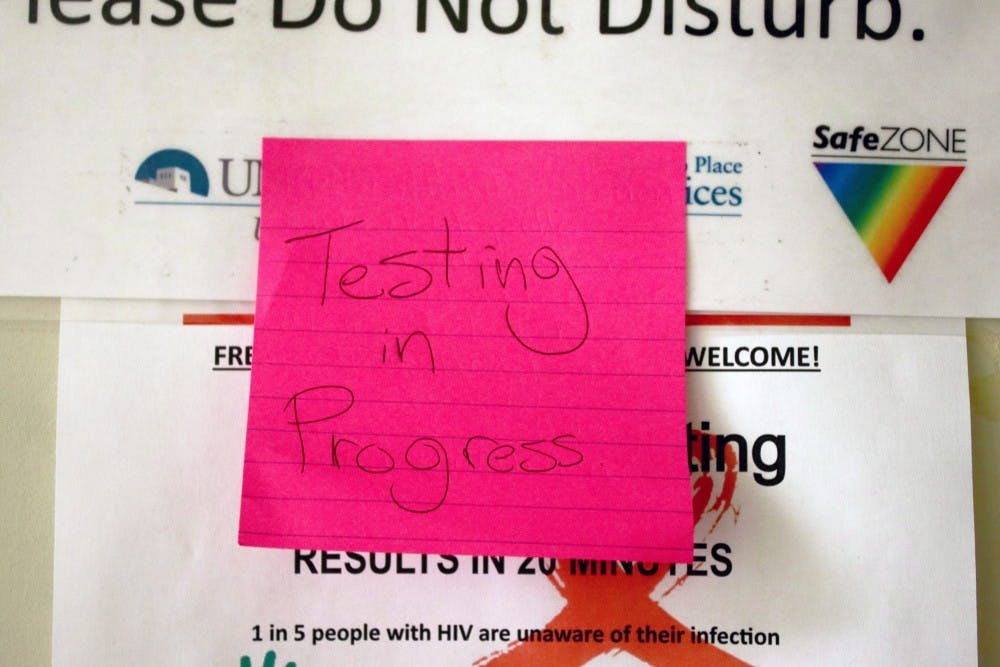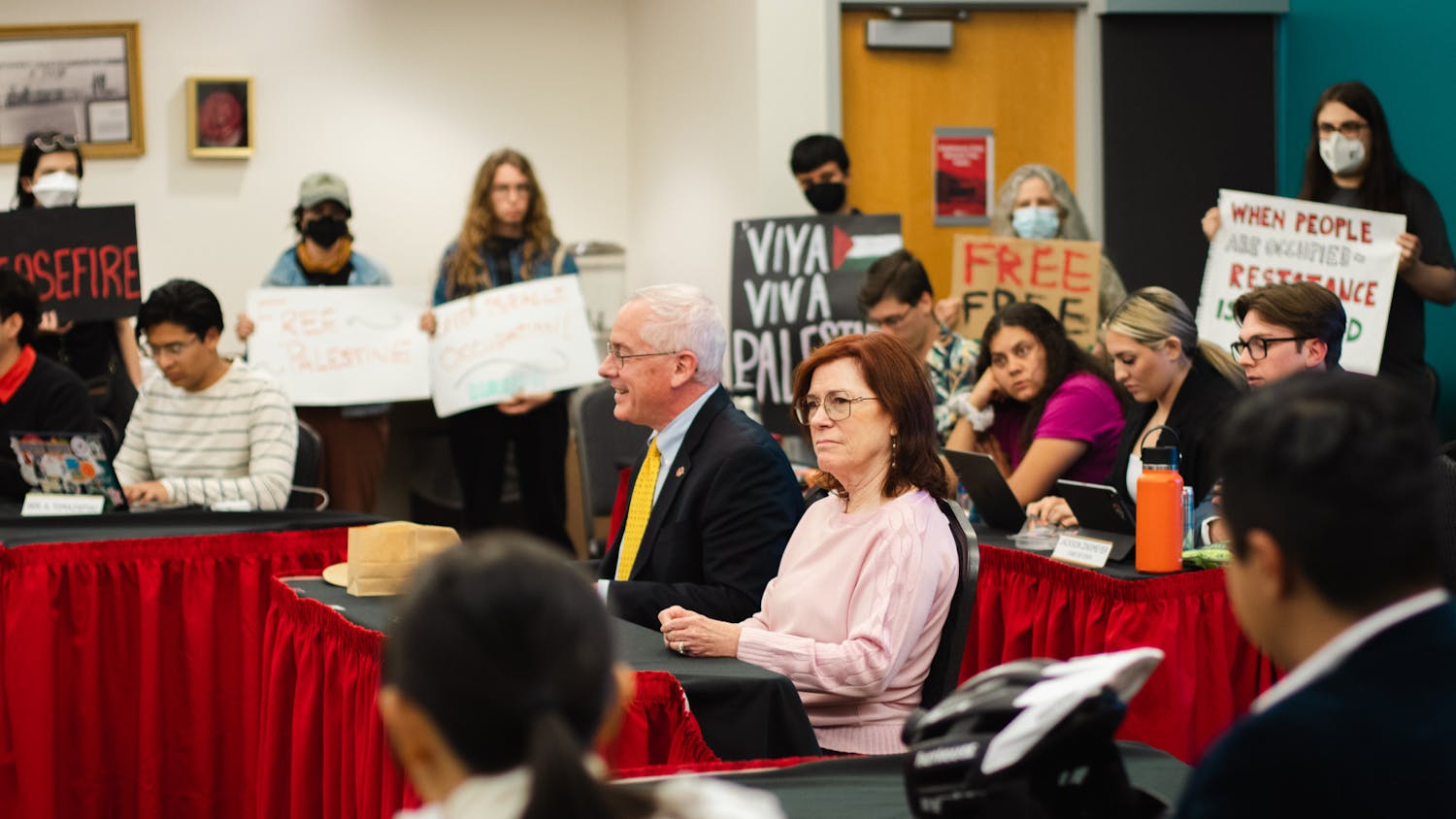Students at the University of New Mexico can stay healthy and be sexually active thanks to an on campus resource — the Student Health and Counseling Center (SHAC).
UNM’s SHAC services provide free sexually transmitted infection tests for gonorrhea and chlamydia, offered twice a month on select Tuesdays — also known as STI Testing Tuesdays.
Free HIV tests are also provided twice a month on select Thursdays.
Tiffany Martinez-Durant, the program manager for SHAC, said students need to register online through the UNM SHAC Health Portal to create an appointment. There are no walk-ins on this first come, first serve basis.
“These get booked pretty fast — the next available appointment found is on 11/27,” Martinez-Durant said.
Martinez-Durant said if students cannot get an appointment on STI Testing Tuesdays, they can set up an appointment for a complete test of sexually transmitted infections. However, the full panel test is not free.
She added that how often a person should get tested varies, but ideally students should get tested before and after every new partner.
“You don’t have to be sick — you don’t have to feel symptoms to get tested,” Martinez-Durant said. “Prevention is prevention for a reason.”
Martinez-Durant said the best defense against STI’s is to use protection, such as condoms and other barrier protections, but there is always a risk.
According to 2017 data from the New Mexico Department of Health, New Mexico is leading the nation in rates of chlamydia with 645 cases per 100,000 people, compared to the U.S.’ rate of 529 per 100,000 people. In 2017, New Mexico ranked fourth in the nation for chlamydia and the age group most affected were individuals between 20 to 24 years old followed by 15 to 19 year olds.
New Mexican cases of gonorrhea also surpassed the national rate at 214 cases per 100,000 people compared to the U.S.’ rate of 172 cases per 100,000 people. The report also found individuals 20 to 24 years old were the likeliest age group to contract gonorrhea. In 2017 New Mexico ranked 10th in the nation for gonorrhea.
In both studies, the report found that males and minorities are more likely to contract either STI.
Get content from The Daily Lobo delivered to your inbox
According to the Center for Disease Control and Protection (CDC), chlamydia and gonorrhea are asymptomatic — meaning infected persons may display no symptoms. However, symptoms for chlamydia can appear weeks after unprotected vaginal, anal or oral sex. Symptoms in women can include abnormal vaginal discharge and burning sensation when urinating.
Symptoms in men can include a discharge from their penis a burning sensation when urinating, and pain and swelling in one or both testicles.
Men and women can experience symptoms of chlamydia in the rectum. Symptoms include pain, bleeding and discharge from the rectum.
If left untreated in men or women, chlamydia can cause infertility.
Like chlamydia, the CDC reports that gonorrhea can also do harm if left unchecked.
Men with gonorrhea can experience a burning sensation when urinating, a white, yellow, or green discharge from the penis, and painful or swollen testicles (although this is less common).
Symptoms in women can experience: painful or burning sensation when urinating, increased vaginal discharge and vaginal bleeding between periods.
And men and women can experience rectal infections that can cause discharge, anal itching, soreness, bleeding and painful bowel movements.
Testing for either STI, Martinez-Durant said, requires a urine sample. Students should have a result in their health portal within roughly 24 hours. If a student tests positive, both STI’s are treatable with proper care.
Cleriese Martinez, a sophomore majoring in languages and psychology, said she knew that testing happened at the SHAC, but did not know about the health service’s STI Testing Tuesdays.
“I think it’s beneficial for students,” Martinez said. “I feel like if it wasn’t free and if it wasn’t really close then (students) probably wouldn’t get it done.”
Anthony Jackson is a freelance reporter with the Daily Lobo. He can be contacted at news@dailylobo.com or on Twitter @TonyAnjackson.






